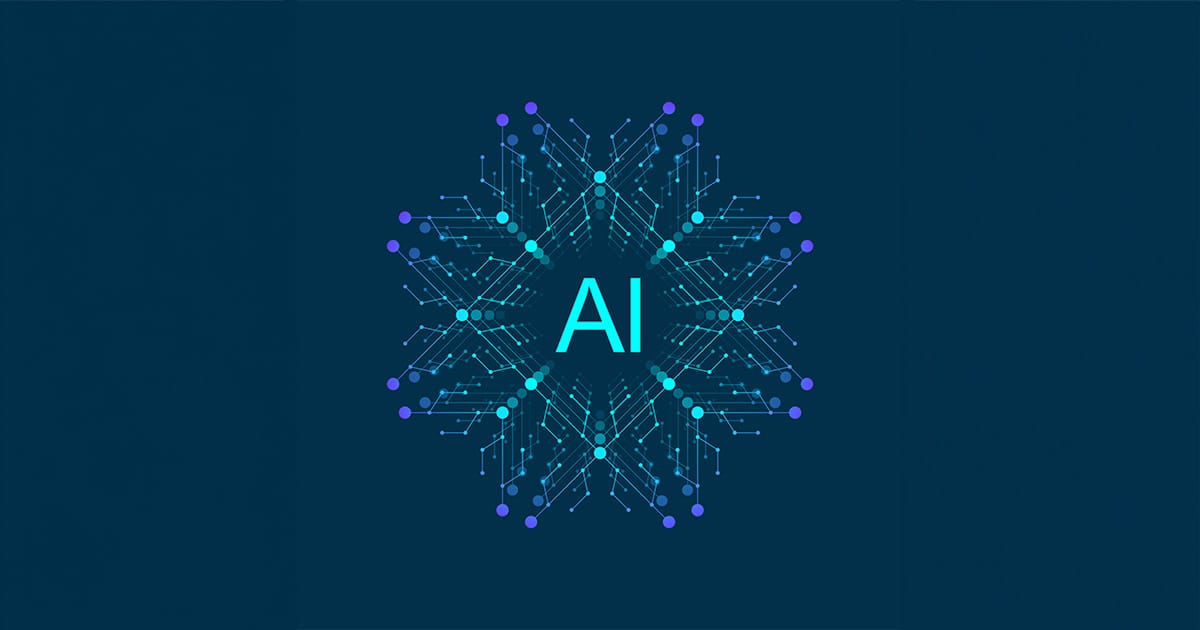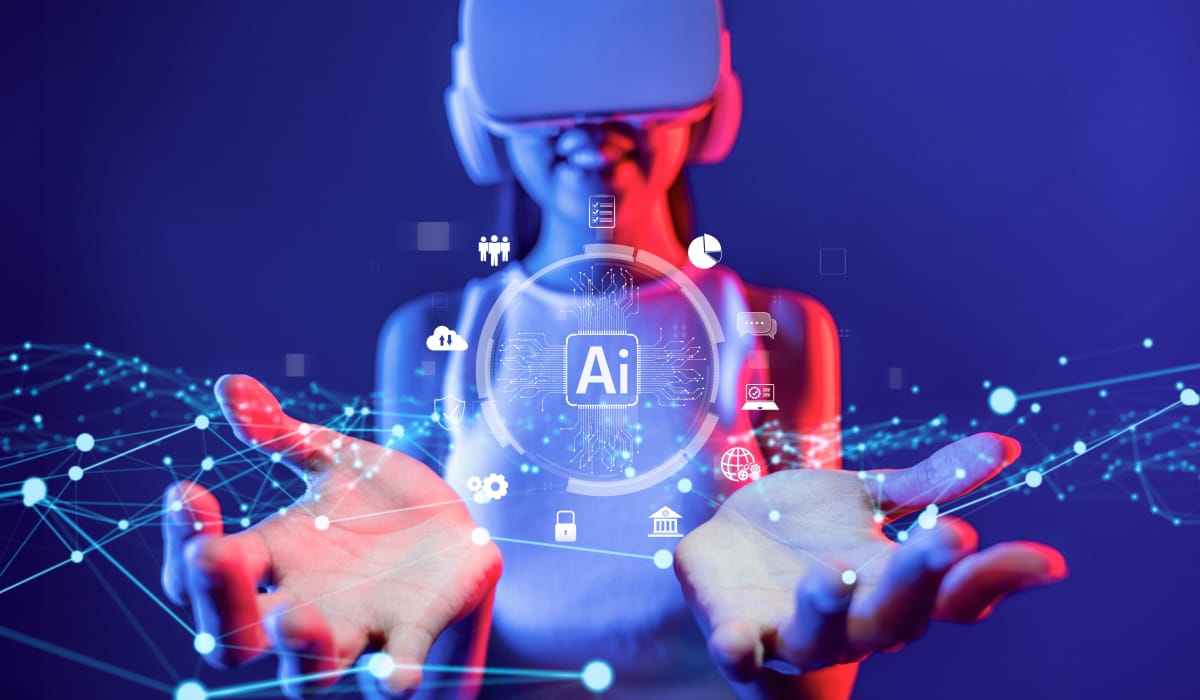Making the leap from a non-technical role to the tech industry can feel daunting, even overwhelming. However, understanding technology, at least from an end-user perspective, is becoming increasingly essential in today’s workplace. This is especially true with the rapid advancement of artificial intelligence (AI) tools and software.
Regardless of where you are in your career, whether a seasoned professional, a newcomer to the workforce, or somewhere in between adopting a growth mindset of continuous learning is crucial. With that in mind, I’d like to share my journey from the financial services industry into tech, highlighting how I leveraged existing skills, embraced learning, and navigated new opportunities.
From Finance to Tech: A Non-Traditional Path
I spent nearly 17 years in financial services, progressing through roles of increasing responsibility. Ultimately, I landed on a capital markets trading desk, managing a pipeline of mortgages. My primary responsibilities included daily pricing for the sales team, mitigating market and interest rate risks, and optimizing the gain on the sale of bundled mortgages.
While my role was not explicitly technical, I frequently used Excel, leveraging Pivot Tables and advanced functions to analyze mortgage data – data analysis. This understanding of the mortgage pipeline allowed me to develop hedging and sales strategies based on market conditions.
The Pivot: Transitioning to Tech
Due to economic conditions in the U.S. at the time, I decided to pivot into the tech industry. This transition was not immediate. It required networking with colleagues, friends, and industry professionals. Through this process, I learned the importance of:
- Keeping an open mind to new opportunities
- Demonstrating a willingness to learn (a growth mindset)
- Building and maintaining strong professional relationships
I initially entered tech as a vendor before securing a full-time role. My first position focused on community engagement—connecting external IT professionals, developers, and consumer influencers with internal product teams. The goal was to build a relationship that allowed for the gathering customer feedback to help improve products while also enabling influencers to create neutral-to-positive content about the company’s software. In this role, I primarily used Microsoft Office applications and gained a high-level understanding of the products I supported. My relationship-building skills and adaptability were crucial to my success.
Scaling Up: Building from Experience
My next role involved creating a similar community influencer program from scratch. This required:
- Leveraging my previous learnings
- Establishing relationships with product and legal teams
- Understanding a new influencer community
- Setting up internal and external communication strategies
Once again, I relied heavily on Microsoft Office tools, but learning the represented software became essential. My ability to build relationships and maintain a growth mindset helped me succeed in this position.
Stepping into a More Technical Role
After successfully launching the program, I transitioned into my first “technical” role with the company’s Developer Advocacy team. This position focused on low-code solutions, process automation, and business intelligence (BI) visualization. Here, I applied my community-building skills while simultaneously developing technical expertise by creating content and delivering conference presentations.
The AI Journey: Embracing Continuous Learning
With a growing interest in technology and the rise of Artificial Intelligence, I recently embarked on a learning journey focusing on Python, SQL, Machine Learning, and AI. My motivations for this shift include:
- AI is becoming mainstream – Once limited to specialized fields, AI is now accessible to end users.
- AI is reshaping the workforce – While automation may replace certain roles, it will also create new opportunities requiring AI literacy.
- AI is built on data – Understanding Python and SQL is valuable for working with AI- driven systems.
- AI agents are on the rise – Many automation solutions leverage Python and APIs connected to large language models.
Key Takeaways: Lessons from My Journey
My unconventional path into tech demonstrates that transitioning from a non-technical role is possible by:
- Leveraging existing skills – Analytical thinking, relationship-building, and problem- solving are valuable in any industry.
- Embracing a growth mindset – Staying curious and continuously learning new skills opens doors to new opportunities.
- Networking and relationship-building – Many career shifts happen through connections, not just job applications.
If you’re considering a move into tech, looking to become more tech-literate in your current role, or simply curious about AI and coding, I encourage you to take the leap. Start learning, explore new opportunities, and embrace the mindset of continuous growth. The upside is limitless.
Joe Camp




